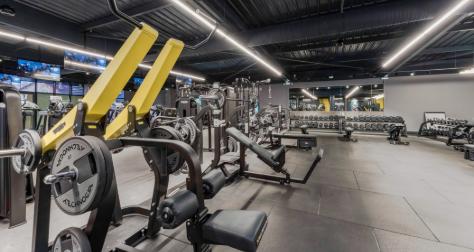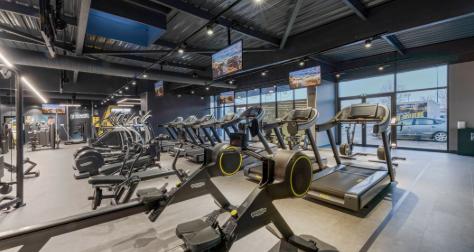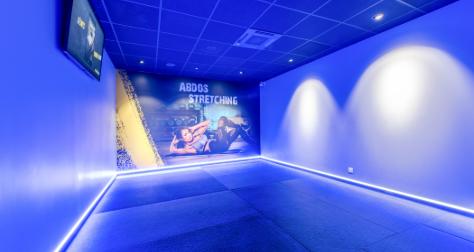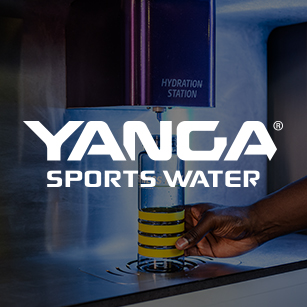Tu recherches un club de sport à Chelles ouvert de 6h à 23h - 7J/7 ? Découvre le club Fitness Park Chelles 2 - Terre Ciel situé à 2 minutes à pied du centre commercial Chelles 2. Réparti sur plus de 1000m², le club t’offre un large choix d’activités et d’équipements Technogym pour t’entraîner à la perfection : musculation, cardio-training, cours collectifs, cross-training et biking. Que ton objectif soit de prendre du muscle, t’affiner ou te remettre en forme, Fitness Park t’accompagne dans ta réussite personnelle. Comment accéder à la salle de sport Chelles 2 ? Bus 113 et 211. Arrêt : Terre Ciel. INFORMATIONS PRATIQUES SERVICES DU CLUB LES POINTS FORTS *En supplément Le club de sport Fitness Park Chelles 2 - Terre Ciel t’accueille sur 1000m² d’espace de pratique : musculation, cardio, cross-training et biking. Plus de 70 machines et équipements Technogym, disponibles en libre accès 7J/7 - de 6h à 23h. Retrouve un espace de 280m² pour tes séances de sports. Des exercices de base aux plus complexes, la salle de fitness Fitness Park Chelles 2 est équipée de machines de musculation dernière génération Technogym et Hammer Strength pour dépasser tes limites lors de tes séances. Débute la musculation ou le fitness dans les meilleures conditions. Nos machines de fitness à charges guidées te permettent d’évoluer facilement pour atteindre tes objectifs sportifs. Progresse avec une préparation physique millimétrée, dans un espace conçu parfaitement pour tes entraînements. Entraîne-toi aussi comme un athlète. Retrouve des équipements de musculation à charges libres performants pour développer ta masse musculaire. Travaille l’ensemble du corps et améliore ta condition physique générale dans l’espace dédié aux entraînements cardio fitness. Entraîne-toi pour te remettre en forme, brûler un maximum de calories, perdre du poids et développer ton endurance. Fitness Park Chelles 2 - Terre Ciel met à disposition les meilleurs équipements de fitness et de cardio Technogym pour atteindre tous tes objectifs fitness : rameurs, vélos elliptiques, simulateurs d’escaliers ou encore tapis de course. Choisis l’excellence pour t'entraîner dans des conditions optimales ! Réalise des séances circuit-training adaptées à ton objectif personnel pour rapidement progresser. Que tu sois à la recherche d’une meilleure forme physique ou d’une silhouette affinée, le cardio-training est la discipline à privilégier. Elle permet de tonifier les muscles et d’augmenter la résistance à l’effort. Pour compléter tes exercices cardio, utilise la plateforme d'oscillation SISMO présente dans le club de sport Fitness Park Chelles 2 - Terre Ciel. Travaille ton cardio, tes cuisses, ton endurance, ta souplesse ou encore tes abdos grâce aux cours collectifs accessibles en libre-service sur écran géant. Varie tes entrainements et progresse à ton rythme grâce à une gamme de cours collectifs diversifiées signée Radical Fitness : biking, cuisses-abdos-fessiers, body combat, renforcement musculaire, yoga ou encore pilate. Avec ton pass Fitness Park, tu peux accéder en illimité à tous les cours. Les cours collectifs sont le meilleur moyen pour reprendre le sport et te dépenser. Avec plus de 160 cours répartis sur l'ensemble de la semaine, tu peux réaliser tes entraînements à n’importe quel moment. A toi de choisir en fonction de tes objectifs et de tes envies ! Enchaîne pull-up, push-up et sit-up à force de détermination et de persévérance. Créer des parcours d'entraînement personnalisés et réveille l'athlète qui sommeille en toi. Fitness Park Chelles 2 - Terre Ciel met à disposition et en libre accès, une box pensée pour pratiquer le cross-training en illimité. Retrouve barres de traction, kettlebells, rack à squat, TRX, box jump, anneaux de gymnastique, piste de sled et wall-balls pour des séances de cross-training intenses et variées. Mélangeant musculation, haltérophilie et mouvement de gymnastique, le cross-training ne t’offre pas moins de 50 exercices différents pour brûler des calories et développer tes muscles. C’est la discipline par excellence pour une préparation musculaire et cardio à haute intensité. Quel que soit ton niveau, le cross-training est accessible à tous. Adapte tes séances d'entraînement selon tes objectifs. Dépense calorique et dépassement de soi garantie : le biking est conçu pour brûler un maximum de graisses en un temps record : 600 calories/45 minutes. Défoule-toi et renforce tes capacités cardio-vasculaires au rythme de la musique. Grâce au RPM, tu affines tes cuisses, raffermis tes fesses et tonifies l’ensemble du corps : des résultats visibles en seulement un mois ! Retrouve le planning de cours de cycling. Besoin de perfectionnement ? Nous proposons plusieurs cours de boxe, le lundi, mardi et mercredi à partir de 18h afin de s’adapter à tous les niveaux : lady boxe, kick-boxing, boxe anglaise, grappling, lutte et self-défense. Consulte notre planning de cours et inscris-toi à la prochaine session ! Des cours d’essai de boxe sont également possibles avec des coachs diplômés. Nous proposons dans tous les clubs Fitness Park un espace Musculation, Cardio & Cross-Training afin que tu puisses venir t'entraîner dans les meilleurs conditions. Fitness Park te propose plusieurs offres au choix dès 19€/ 4 semaines* : Avec ou Sans Engagement avec l'offre classique, Access + et Ultimate et l'offre Jeunes. Découvre-les ! Retrouve un espace totalement dédié au Cross-Training avec des cages, des boxs, Wall-Ball, Power-Bag, etc. sans surcoût supplémentaire ! Grâce à ton Pass Ilimité tu peux t'entraîner dans tous les clubs de France, Portugal et DOM-TOM ! Découvre nos 200 clubsSALLE DE SPORT Chelles 2
Musculation, Fitness, Cross-Training, Biking & Cardio-Training
06:00 - 23:00
Samedi 09:00 - 19:00
Dimanche 10:00 - 16:00
Fitness Park Chelles - Terre-Ciel
Club de sport, fitness & remise en forme
Parking gratuit
Climatisation
Casier de recharge téléphonique
Douche individuelle
Produit désinfectant
Wifi gratuit
Distributeur automatique
Musculation
Cardio training
Biking
Espace Abdos Stretching
Cours vidéo
Cross training
Espace détente
Station d'hydratation Yanga*
Plateforme Oscillante Sismo*
Equipements haut de gamme
Service de qualité
Libre accès dans tout le réseau
ACTIVITÉS
Espace Musculation
Conçu pour développer ta force
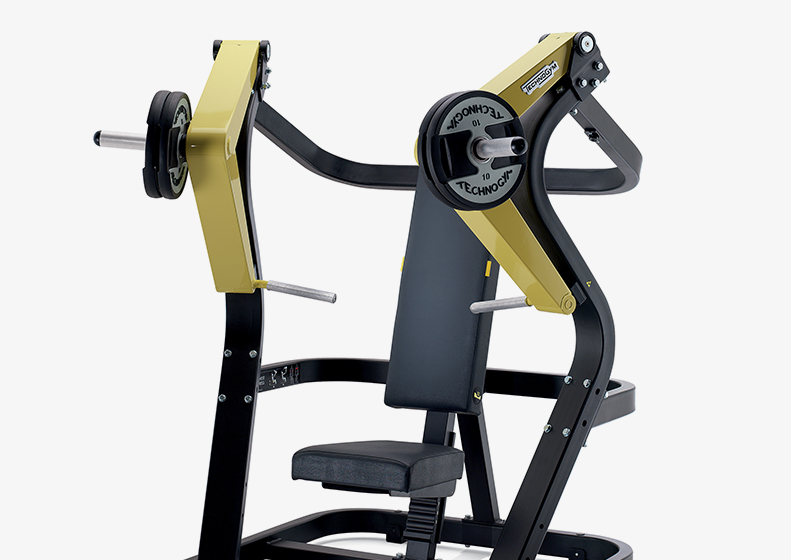
Espace cardio-training
Idéal pour te remettre en forme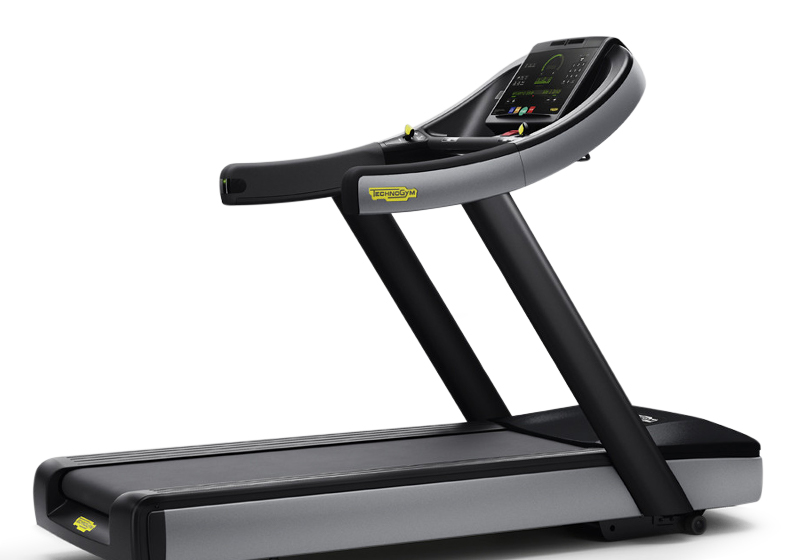
Espace Cours Collectifs
Plus de 160 cours disponibles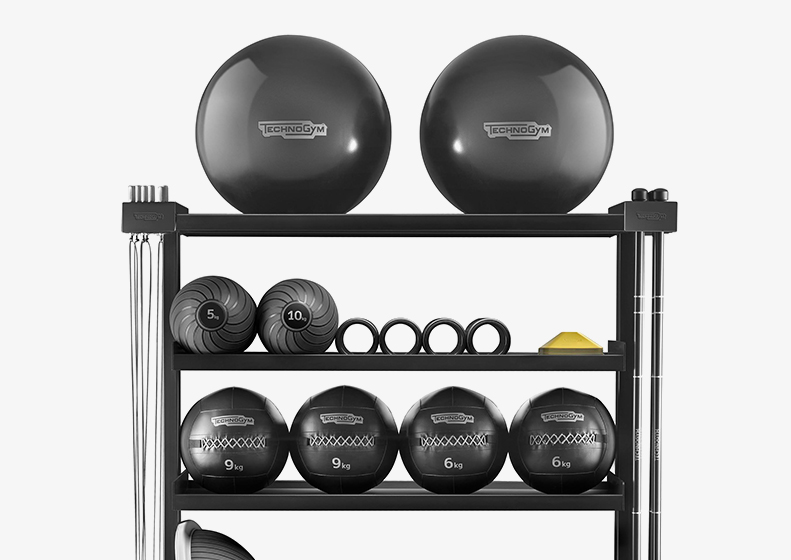
Espace Cross-Training
Repousse tes limites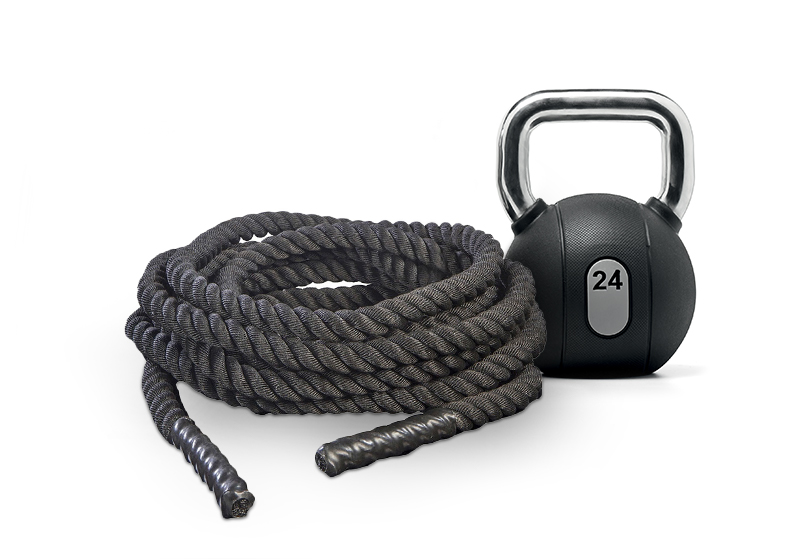
Espace Biking
Haute intensité assurée
Questions &
RéponsesQuelles sont les activités proposées dans les clubs Fitness Park ?
Quelles sont les offres proposées dans les salles de sport Fitness Park ?
Est-il possible de pratiquer le Cross-Training dans le club Fitness Park de Chelles - Terre Ciel ?
Est-il possible d'accèder à l'ensemble des salles Fitness Park de France ?
Pourquoi s’entraîner
chez nous ?
Fitness Park, la marque de fitness préférée des Français*
Un réseau de plus de 260 salles en France et à l'étranger
Espaces Cardio-Training, Musculation libre et guidée
Une communauté de passionnés !
Cage de Cross-Training et accessoires complets
Matériel haut de gamme et connecté
Cours collectifs vidéo exclusifs
Wifi gratuit
* Offre non cumulable valable pour toute souscription à un abonnement classic avec engagement d'un an soit 13 périodes de 4 semaines, hors l'adhésion de 30€ à l'inscription et la participation au renouvellement matériel de 9€ à régler une seule fois.
 Offre spéciale : Les 4 premières semaines à 19€
Offre spéciale : Les 4 premières semaines à 19€






